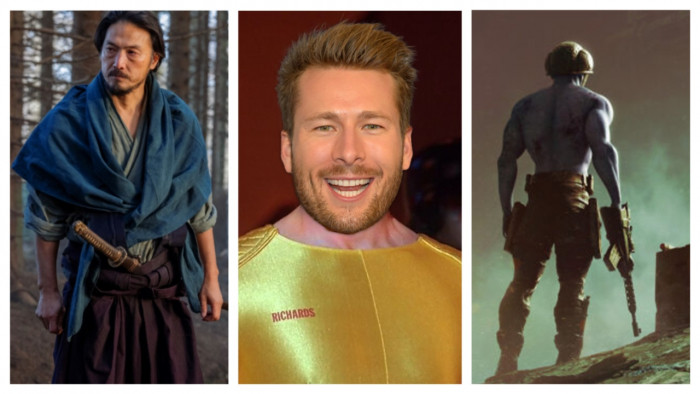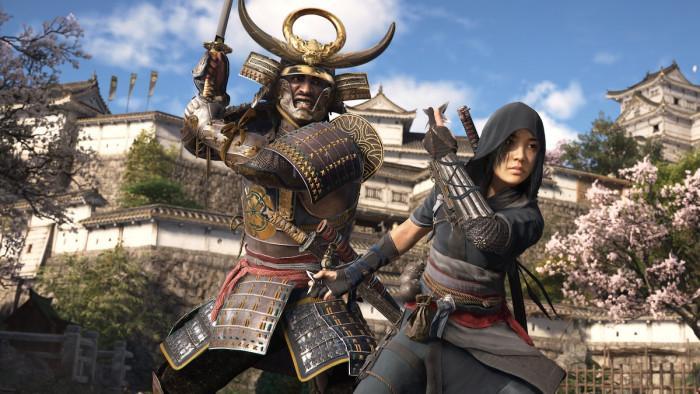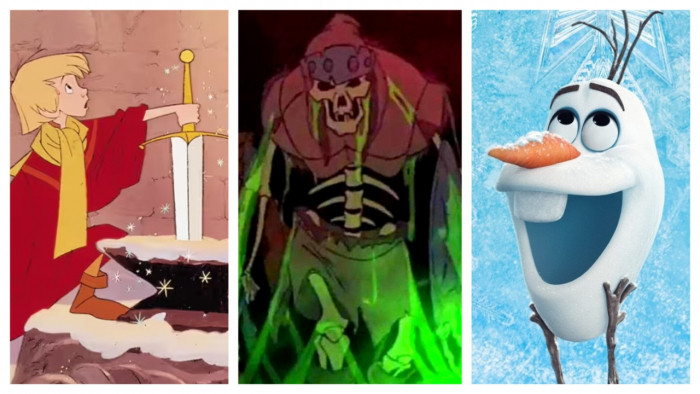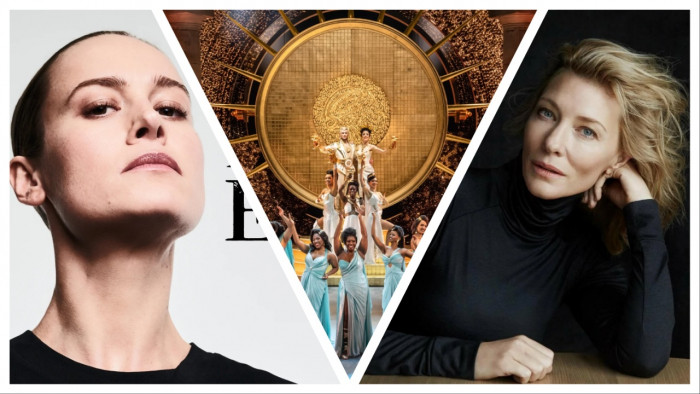Tainting all the excitement surrounding Spectre is the knowledge that Daniel Craig is nearing the end of his tenure as James Bond. Replacing him now would be unthinkable, as ShortList explains…
Cast your mind back to December 1997. What do you remember? Perhaps that New Labour was seven months into its government, or that the BBC’s multi-artist version of Perfect Day was displaced from the number one spot by Teletubbies Say “Eh-Oh!”. Also, a new James Bond film, Tomorrow Never Dies, came out. It did quite well, got decent reviews and went straight to the top of the box office. Then, a couple of weeks later, it went away again, replaced by Starship Troopers.
The Bond name was still a draw but it wasn’t vital. It was a mildly popular franchise that had seen better days.
In fact, of the 34 films that topped the UK box office that year, 12 opened with better numbers than Tomorrow Never Dies. To put it another, harsher, way – 12 generated more excitement than Pierce Brosnan’s second appearance as 007. Among them were The Phantom, Space Jam, An American Werewolf In Paris and Fly Away Home. Fly. Away. Home. It’s a drama about teaching geese how to migrate in rural Canada. It stars Jeff Daniels. It does not feature an expensive action sequence with a remote-controlled BMW, yet it still made 45 per cent more money than Tomorrow Never Dies in its opening weekend.
Now, let’s take Skyfall, the most recent Daniel Craig film. It’s the highest-grossing film ever in the UK, with takings of £102.9m. In fact, it’s the only film to break £100m in the UK. Bond (to borrow a cliche) is back. And it’s all down to Daniel Craig.
The Bond Identity

You will no doubt remember, but Daniel Craig was not a popular choice as Bond. He was mocked for wearing a life jacket as he arrived at the press conference announcing him in the role (despite it being a legal requirement of stepping on the boat); the Daily Mirror ran the headline “The name’s Bland… James Bland”; and the website danielcraigisnotbond.com was set up to protest the decision. The site still exists, although updates have been rather more sporadic recently. Funny that.
Because Daniel Craig changed everything. Since Sean Connery, the character of Bond had been a variation on a theme. Roger Moore didn’t have the action ability, so was a bit more suave. Timothy Dalton went the opposite way. George Lazenby took the interesting decision of playing it as though he had little to no acting ability. But when it came to Casino Royale, the team started again.
For his portrayal, Craig ignored four decades of Bond film history and went back to the beginning. To Ian Fleming. He read every single novel, and then drew real-life inspiration from Mossad and British secret service agents, who he’d met on the set of Steven Spielberg’s Munich, to create his unique take on the character – a James Bond for the 21st century. And, crucially, a year before he signed up, he turned the role down.
This is important. Eon Productions had identified its man, but he wasn’t interested. Craig thought (correctly, and like everyone else) that the franchise had descended into formula. If producer Barbara Broccoli wanted it to be Craig who walked out of the ocean in a pair of tight blue swimming shorts, then she’d have to find a script to match his ambition for the character. And so she did. And it worked. Bond fans everywhere rejoiced. Eventually.
Since then, Daniel Craig has become a key part of the creative team – producing, becoming involved in casting and even rewriting the script when a union strike threatened Quantum Of Solace. Getting Bond right, his Bond, is important to him.
With Daniel Craig, Bond feels like one long story for the first time. So let's finish it
The Men Who Would Be James
Now, four films in, there’s a new problem – Daniel Craig is rumoured to be coming to the end of his contract. He seems undecided, but it’s left us all with some troubling questions. What next? Start again? But with who?
The bookies’ favourite is Tom Hardy, but he feels like too much of a movie star. Same with Michael Fassbender. Idris Elba would be at least 46 by the time he starred in his first film. That’s simply too old to start. And anyway, the only person on the list of favourites who Eon has actually shown interest in is Henry Cavill (back before Craig was cast), but he’s now Superman. You can’t be both. So we’ll ask again: who?
And don’t say Damian Lewis. He’s older than Idris.

That age thing, though: obviously Craig can’t go on forever, and he’s now 47. But that’s still a decade away from 57-year-old Roger Moore finally realising it was time to quit on the set of A View To A Kill when he discovered he was older than his love interest’s mother.
We toyed with just hoping that people didn’t notice the contradiction, but why is it that Craig can make Bond films in his late forties and fifties, but Idris Elba (or Damian Lewis) can’t? Here’s why: we’ve seen Daniel Craig’s spy at the beginning of his career, we’re currently watching him at the top of his game, so why not follow the story through to the end? He’s an ageing assassin, coming to terms with his ever increasing fallibility in a world of younger adversaries, rapidly changing technology and Tinder.
His middle-aged Bond doesn’t have to effortlessly seduce a Bond girl in her twenties who then tags along for the duration of the film. Indeed, one of Spectre’s leading ladies is Monica Bellucci, who’s almost four years Craig’s senior.
It makes no sense to tell this story with a new actor, but it does with Craig – we’ve invested in his Bond. There have been hints of a story continuation before – Sylvia Trench’s appearance in both Dr No and then From Russia With Love set the latter up as a sequel, and, in a continuity head-scratcher, Roger Moore’s Bond mourned the wife of George Lazenby’s Bond at the beginning of For Your Eyes Only – but this is the first time it feels as though they’re telling one long story. So let’s finish it.
In two decades, Bond has gone from being a relic of the Cold War via a CGI-saturated nightmare kite-surfing on a tsunami to where we are now with an Oscar-winning director in charge (that’ll be Sam Mendes) and a new mythology being crafted. In 1995, Ace Of Base’s record company pulled the song that the band had written for GoldenEye because the franchise was felt to be beneath them. Think about that – beneath Ace Of Base. In 2015, Spectre’s theme song is the first one to go to number one in the charts.
Here’s that cliche again: James Bond is back. And here’s that statement again: it’s all due to Daniel Craig. Eon should do whatever it takes to keep him onboard for film five and beyond.
SPECTRE is in cinemas on 26 October
(Images: Rex)










